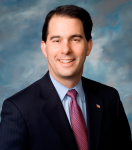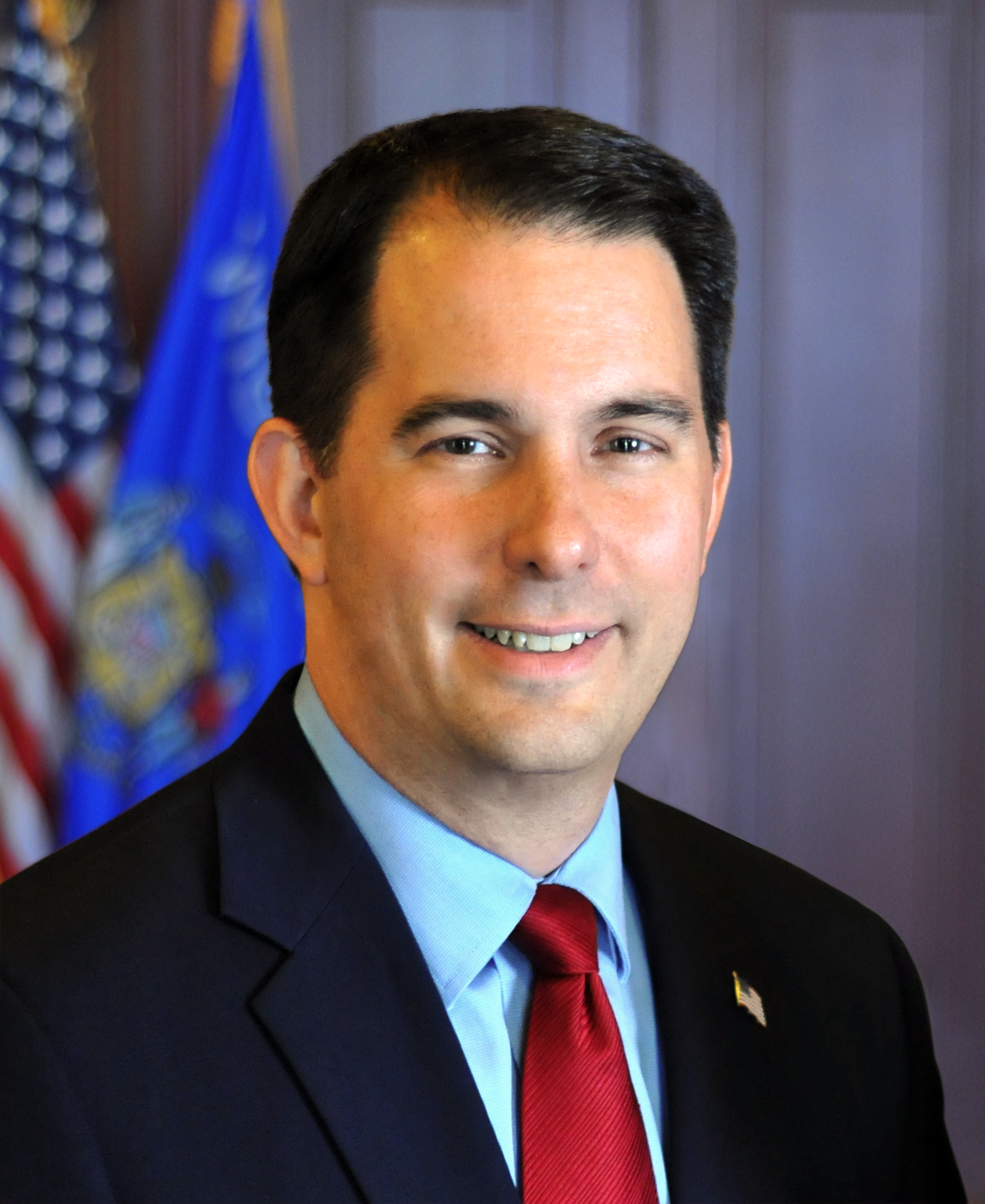Governor Scott Walker Announces Non-Concurrence with Bureau of Indian Affairs on Kenosha Casino
Today, Governor Scott Walker informed the Bureau of Indian Affairs (BIA) at the Department of Interior (DOI) of his non-concurrence with their determination on the proposed casino project.
Today, Governor Scott Walker informed the Bureau of Indian Affairs (BIA) at the Department of Interior (DOI) of his non-concurrence with their determination on the proposed casino project.
“After a comprehensive review of the potential economic impact of the proposed Kenosha casino project, the risk to the state’s taxpayers is too great,” said Governor Walker. “Due to the compacts negotiated by Governor Doyle, the current cost to taxpayers of approving the proposed casino project is up to $100 million and the long-term economic hit to the state budget would be a potential loss of hundreds of millions of dollars.”
“We have had tremendous success in helping grow quality, family-supporting jobs in Kenosha, including the recent Amazon, InSinkErator, and Meijer Distribution Inc. expansions,” continued Governor Walker. “We remain committed to using state resources effectively to continue growing the economy and creating jobs in Kenosha and around the state.”
The federal Bureau of Indian Affairs took more than nine years to review the proposed casino project. For over a year, Department of Administration Secretary Mike Huebsch conducted a comprehensive economic analysis of the potential impact of the proposed casino project. In an ideal scenario, jobs could have been created by the casino, the reality of Governor Doyle’s compacts with the tribes open the State of Wisconsin up to significant litigation risk, which would put state taxpayers on the hook for up to hundreds of millions of dollars.
In a report to Governor Walker, Secretary Huebsch explained the outstanding issues facing the proposed casino, which could have a devastating impact on the state budget:
Although the Kenosha casino could result in these positive economic benefits, approval also comes with substantial and significant risks. Our analysis shows taxpayers could lose out on hundreds of millions of dollars of tribal revenue sharing payments as a result of the compact negotiated by Governor Jim Doyle. Due to the legal exposure created by the Doyle compacts, beyond just losing future revenue, approving the Kenosha casino could require taxpayers to pay FCPC [Forest County Potawatomi Community] hundreds of millions of dollars in refunds of previous payments made to the State. If the Kenosha casino is approved, there are a number of other issues that should be considered:
- the impact of possible expanded gaming in northern Illinois;
- the Menominee’s use of more than 220 acres that would likely be put in trust;
- the cost of litigation;
- the consequences of a delayed casino opening;
- the immediate and long-term impact on our state budget and consequently Wisconsin taxpayers; and,
- the cost of indemnifying FCPC.
The entire report from Secretary Huebsch can be found here.
NOTE: This press release was submitted to Urban Milwaukee and was not written by an Urban Milwaukee writer. While it is believed to be reliable, Urban Milwaukee does not guarantee its accuracy or completeness.
Mentioned in This Press Release
Recent Press Releases by Gov. Scott Walker
Governor Walker Orders Flags to Half-Staff Honoring Master Sergeant Jonathan Dunbar
Apr 13th, 2019 by Gov. Scott WalkerGovernor Scott Walker ordered flags to half-staff on Saturday, April 14, 2018.
Governor Walker Orders Flags to Half-Staff as a Mark of Respect for Captain Christopher Truman of the Lake Mills Fire Department
Jan 3rd, 2019 by Gov. Scott WalkerCaptain Truman died on December 31, 2018, while selflessly assisting a driver of a crashed vehicle on Highway 12 near the Yahara River Bridge in Monona, Wisconsin.
Governor Walker Appoints St. Croix County Judge and Ashland County District Attorney
Jan 2nd, 2019 by Gov. Scott WalkerGovernor Scott Walker today appointed Attorney Scott J. Nordstrand to serve as a judge on the St. Croix County Circuit Court and Attorney David Meany to the position of Ashland County District Attorney.























I love how he blames Doyle. Shrewd.
So I normally avoid the comments section on JS Online, but I was curious to read reactions from conservatives regarding this decision. I was surprised to see that over and over again they expressed disappointment and disagreement with Walker’s decision. Many of them grumbled that it was done to appease conservatives in Iowa. Granted it’s just the comments section of a website, but I’d say that for every person who agreed with the decision, 10 disagreed.
Whether one supports the new casino or not, all parties recognize that the crux of the situation is the compact that Doyle signed with the Potawatomi that stated if another casino is built, WI would have to pay back all the money they paid the state. Thus, this is pretty easy to trace back to Doyle and the “sweatheart” deal he gave the FCPC.
The real question is what was Walker’s true reason for rejecting it? Was it the $$ the state would have to pay back to Potawatomi, or was it his future election plans? I’d wager that if Iowans liked gambling he would have approved it.
Isn’t the risk the same when WEDC gives money to corporations? Granted it’s a larger scale for the casino, but the state still bears the risk the corporation will default on the loan, go bankrupt and the grant is wasted, etc.
Curious how Walker’s decision comes out only one day after this announcement:
http://www.bizjournals.com/milwaukee/news/2015/01/22/menominee-will-post-bond-to-cover-state-of.html
If the Menominee tribe were willing to completely cover any possible penalty to the taxpayers for previous compacts, how can that be used as his excuse for denial?
Right Trent. How does Doyle’s action matter if the Menominee tribe covers any taxpayer penalty?
And careful pandering to Iowa. How did Huckabee and Santorum do after performing well in Iowa primaries?